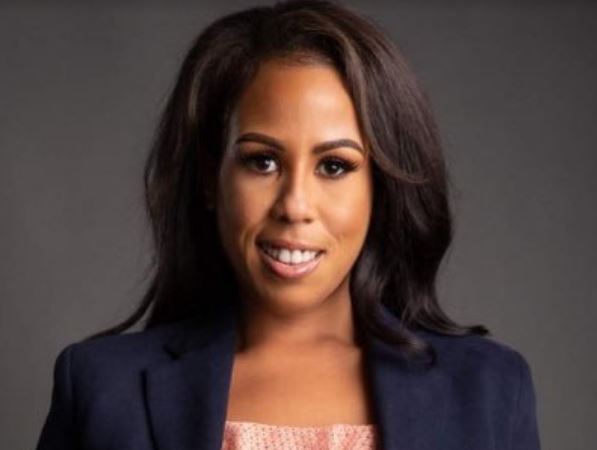By Megan Sayles,
AFRO Business Writer,
Report for America Corps Member,
msayles@afro.com
Fintech has come to mean the integration of technology in providing financial services. The catch-all term includes digital lending and credit, as well as mobile banking and payments, and most recently, has encompassed the new world of blockchain and cryptocurrency.
But, the roots of fusing finance and technology date back to the late 19th century, long before computers, the internet or smart devices ever existed. Over time, one thing has continued to ring true, technology has helped people take charge of their financial futures.
According to The Payments Association, the laying of the first successful transatlantic telegraph cable in 1866 provided the infrastructure for financial markets to connect globally. Then, a few decades later, the Fedwire Funds Service was established, allowing Federal Reserve Banks to electronically transfer money with the telegraph and Morse code.
The next evolution of fintech came with the invention of the first ATM, or automated teller machine, in 1967, and during this era, finances made the switch from analog to digital, according to The Payments Association.
NASDAQ, the world’s first digital stock exchange, was created in 1971. Online banking began to rise through the 1980s, and in the 1990s, PayPal was launched, paving the way for digital money transfer and online purchase services, like Stripe and Square.
Today, fintech is utilized daily. Whether you’re sending money on Cash App, using your bank’s mobile app or investing with Robinhood, you’re taking advantage of fintech.
Washington, D.C. native Angel Rich has worked in the financial services industry for two decades. She rose to notoriety at the age of 22 when she sold her technology-based business plan more than a decade ago to Prudential Financial, which involved marketing financial services and insurance online.
She is the founder and CEO of CreditStacker, a gaming app that teaches youth about the basics of personal finance and credit management, and CreditRich, an artificial intelligence-powered app that increases users credit score by using their spare change to pay their bills.
The latter was launched on Black Friday and offers credit reporting, mobile banking and online payments on a single platform.
Since attending Hampton University, Rich said she believed technology was the key to providing greater access to financial freedom.
“I definitely think fintech provides access to capital, as well as knowledge, that was not previously available to the Black community,” said Rich. “I think it is an opportunity, sort of like a library and a bank being opened, so by combining the two together, people can take their financial imagination any way that they want to.”
Rich said one of the most impactful ways consumers can employ fintech solutions is to become as credit rich as possible. People can utilize different services to optimize their credit scores and gain higher credit capacities, which then can be leveraged for stronger bargaining power and new investments.
Consumers can also use fintech to understand the stock market and how to manage their portfolios, and they can also discover how to capitalize on their 401(k) plans and individual retirement accounts to invest in innovative companies that will help them grow their private equity portfolios, according to Rich.
While small businesses can use fintech solutions to manage payroll and track business expenses, Rich said they can also offer employees wealth management and credit-building tools.
This can prevent workers from financial stress, making them more likely to be productive and innovative, according to Rich.
For those who want to learn more about fintech, Rich recommended following financial news outlets and podcasts and contrasting the information they receive with advice from people with credible expertise in the financial services industry.
In the future, Rich would like more fintech companies to tackle the lack of financial literacy in communities of color. Without comprehension of finance jargon or financial transaction skills, like budgeting and investing, people are at risk of being ripped off and exploited by bad and incompetent actors in the financial services industry.
“I would love to see the democratization of financial education. I understand that there has been a heightened degree of financial vernacular that has been built up as a gatekeeper for certain communities not to be allowed inside the golden walls of financial prosperity,” said Rich. “I believe that financial technology provides an opportunity for this so that everybody who seeks [financial prosperity]can enter those doors.”
Help us Continue to tell OUR Story and join the AFRO family as a member –subscribers are now members! Join here!



